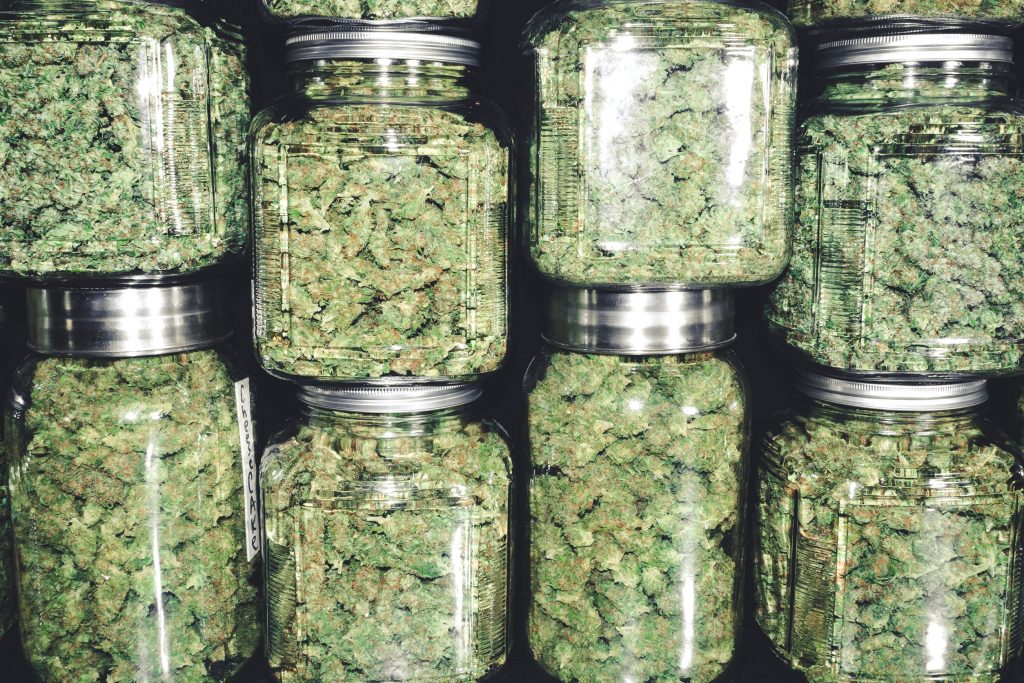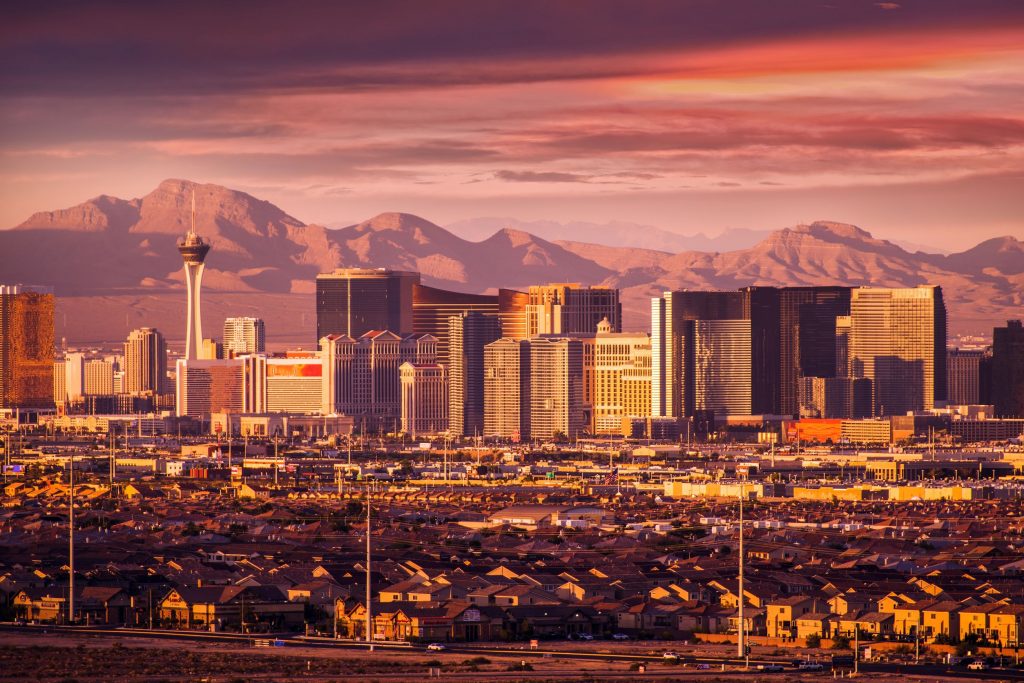Month: August 2019
Federal Cannabis Legislation: What You Need to Know
It seems commonplace that among the main news stories of the day, is a proposed federal congressional bill addressing cannabis reform. There are at least 10 right now with the most promising ones featuring bipartisan support. “Marijuana decriminalization may be one of the very few issues upon which bipartisan agreement can still be reached in this session,” said Rep. Tom McClintock (R-CA), adding “it ought to be crystal clear to everyone that our laws have not accomplished their goals.”
The two main strategies to end cannabis prohibition in the U.S. involve either legalizing at the federal level or creating immunity for states that pass their own legalization laws.
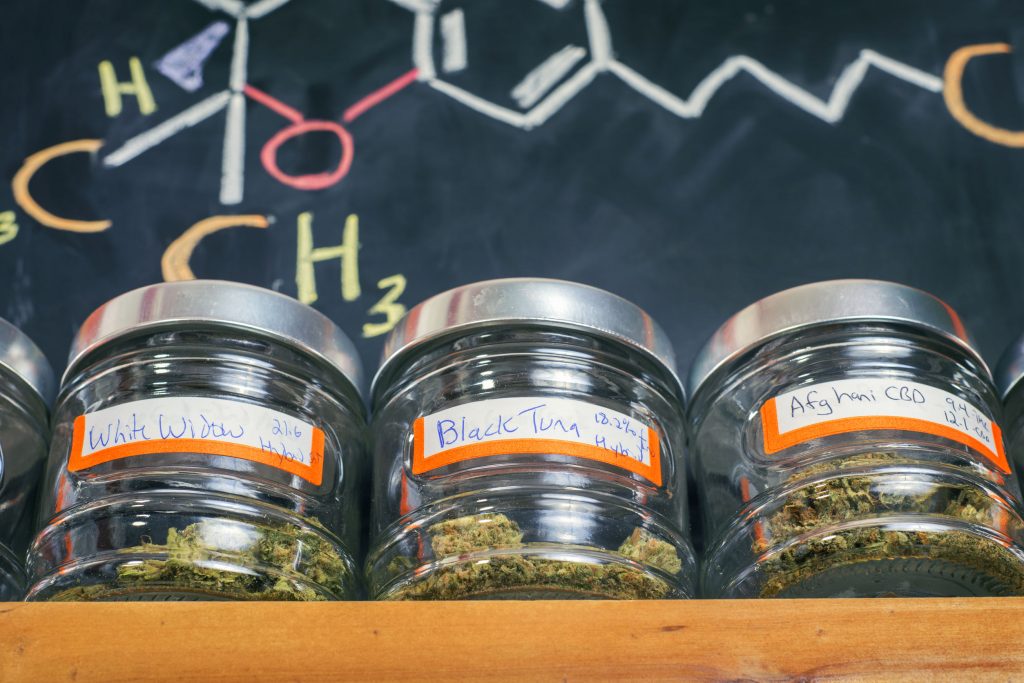
SAFE Banking Act
The SAFE Banking Act (H.R. 1595) would allow banks to work with the cannabis industry in legal states. This bill is unique because it has bipartisan support and it’s being moved along via committee hearing by Senate Banking Committee Chair Sen. Mike Crapo (R-ID) whose home state completely outlaws cannabis. Once opposed to any hearings due to the federal illegality of cannabis, Sen. Crapo has reconsidered. “We now need to, I think, move forward and see if there’s some way we can draft legislation that will deal with the issue,” said Crapo, according to Leafly News.
“Senator Crapo’s willingness to hold a hearing recently on the SAFE Banking Act was very encouraging,” Michael Correia, director of government relations for the National Cannabis Industry Association, told Marijuana Moment. “We’re thrilled to learn that he is open to solving this important issue and we are looking forward to working with the senator,” he added.
The STATES Act
Strengthening the Tenth Amendment Through Entrusting States, or The STATES Act (S. 3032), sponsored by Sen. Elizabeth Warren (D-MA), would amend the Controlled Substances Act and exempts state-approved marijuana activity from federal enforcement. In other words, states with a medical, adult use, or combined program could operate without ever fearing federal interference. The bill was first introduced in 2018 and reintroduced in 2019 with Sen. Cory Gardner (R-CO) signing on as a co-sponsor. The STATES Act was in response to the rescindment of the Cole memo, which President Obama created to protect legal cannabis state from federal interference.
However, there are those who believe the bill stops short of addressing racial and social matters. “We need to reinvest in those individuals and those communities that have been disproportionately impacted [by marijuana prohibition],” Baltimore State’s Attorney Marilyn Mosby, said. “The STATES Act does not do that, and that’s one of the reasons why I’m opposed to it.”
The two main strategies to end cannabis prohibition in the U.S. involve either legalizing at the federal level or creating immunity for states that pass their own legalization laws.
The MORE Act
The Marijuana Opportunity Reinvestment and Expungement Act, or The MORE Act, co-sponsored by House Judiciary Committee Chairman Jerry Nadler (D-NY) and Sen. Kamala Harris (D-CA), assuages those concerns. Considered the most comprehensive cannabis bill yet, it takes a three-pronged approach that addresses descheduling, state-control, and racial and social justice. If passed, the bill would remove cannabis from the Controlled Substances Act, allow states to write their own policies, and require cannabis convictions to be expunged or resentenced.
It creates further protections from the federal government, including prohibiting federal agencies from denying benefits to people found using marijuana and preventing immigrants from being deported for a cannabis-related conviction. The bill also sets up a 5 percent cannabis tax to establish grants for minorities and low-income communities.
“Racially motivated enforcement of marijuana laws has disproportionately impacted communities of color,” Nadler said in a statement. “It’s past time to right this wrong nationwide and work to view marijuana use as an issue of personal choice and public health, not criminal behavior.”
Amendment to H.R. 3055
This one is perhaps the most significant because it’s an Amendment that passed in the House of Representatives and is attached to an appropriations bill to fund parts of the federal government for fiscal year 2020. Specifically, the Amendment prevents the Department of Justice from interfering with state cannabis laws–covering D.C. and U.S. territories–including those allowing recreational use, cultivation and sales. It was approved by a floor vote of 267-165 with bipartisan support and is sponsored by Reps. Earl Blumenauer (D-OR), Eleanor Holmes Norton (D-DC), and Tom McClintock (R-CA).
“This is the most significant vote on marijuana reform policy that the House of Representatives has ever taken,” said NORML Political Director Justin Strekal. “Today’s action by Congress highlights the growing power of the marijuana law reform movement and the increasing awareness by political leaders that the policy of prohibition and criminalization has failed.”
Conclusion
Each of these pieces of proposed legislation come with “even if” or “even though” caveats. For example, even if the MORE Act were to pass the House, it would have a tougher time in the Senate. Even though the House approved the amendment that prevents the Department of Justice from interfering with state cannabis laws, will it achieve passage in the Senate and Senate Majority Leader Mitch McConnell (R-KY), who, though a champion of legalizing hemp, is opposed to cannabis? Still, the historic amount of cannabis bills and resolutions being drafted and considered by both chambers speaks to progress of cannabis legislation.
Cannabis Public Consumption: The Next Big Industry Development
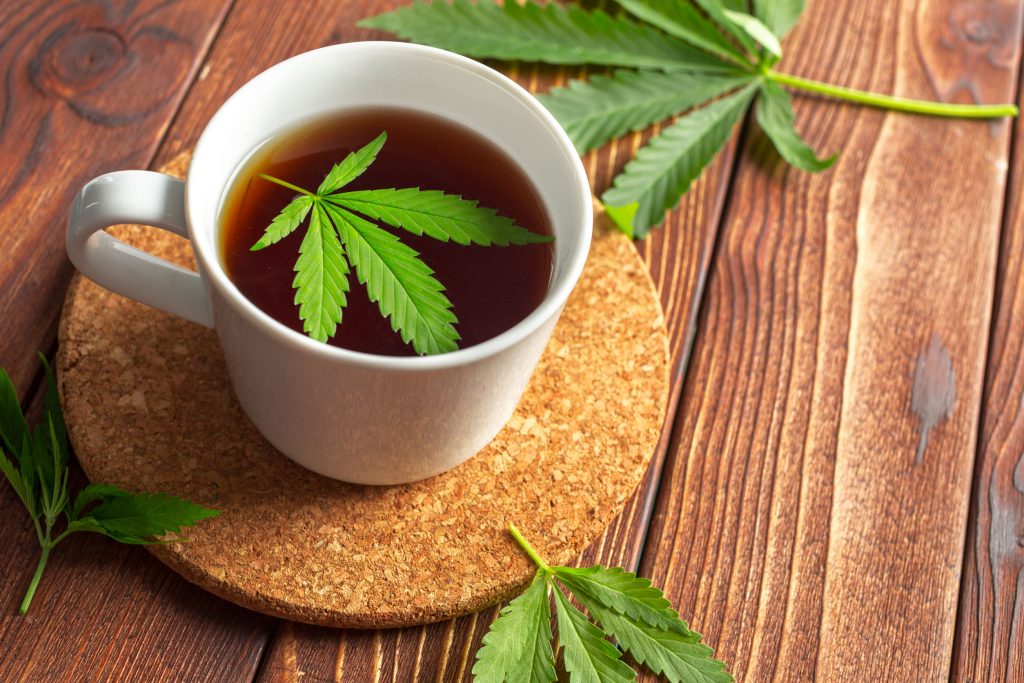
With cannabis going mainstream and now firmly established as the fastest growing industry in America, business owners and state officials are partnering to create more opportunities for public consumption. Unlike with liquor at bars, restaurants, clubs, etc., one cannot legally purchase cannabis and use it onsite. So what gives? Public or social consumption of cannabis has been viewed as anathema by local governments, especially since it clashes with clean air ordinances. The tide is turning, though, as in the last few months a handful of states have passed new laws allowing licenses for cannabis lounges and other social spaces where consumers can legally consume products.
Alaska
Alaska Lt. Gov. Kevin Meyer (R) signed new regulations into law in March of 2019, issuing permits to businesses authorizing onsite consumption. The so-called “special onsite use endorsement” stipulates that consumption areas need to be physically separated from retail spaces, either by a wall and a secure door or an outdoor patio. The onus is on business owners to provide security plans and adequate ventilation. As is the case with most public consumption programs, local governments in Alaska will have the authority to prohibit onsite use outright or to tighten restrictions, including limiting consumption to vaping only.
California
The birthplace of social cannabis lounges in the U.S., California, is expected to open many more in the next couple of years. San Francisco leads the way with the most cannabis lounges, but recent legislation coming out of Los Angeles County will make municipalities like Los Angeles and West Hollywood the next leaders. LA county has been fielding social cannabis business applications since January of 2018, and West Hollywood changed codes and zoning regulations to allow public consumption in certain cafes and smoking lounges, and recently Assembly Bill 1465 was introduced that will allow smoking, vaping, and eating edibles.
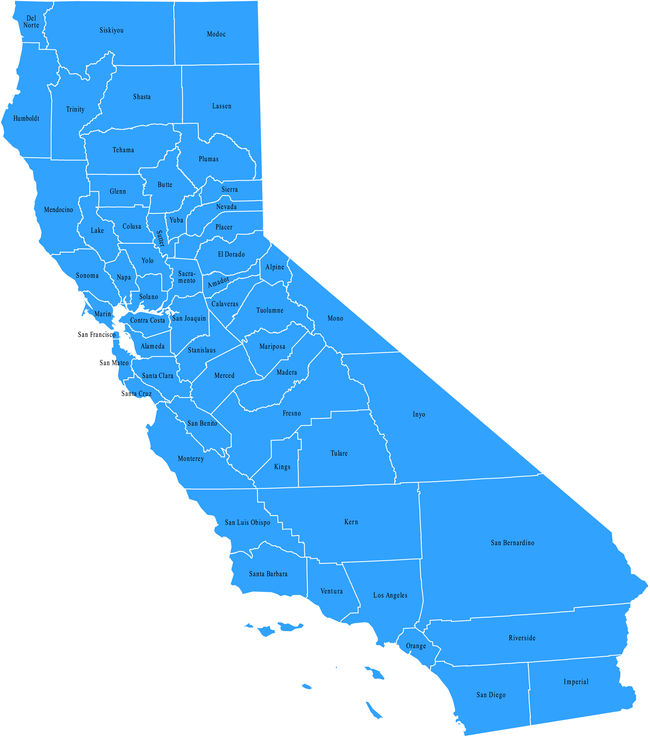
“Another big move: West Hollywood will allow chefs to infuse cannabis into pre-planned and on-demand menus for onsite customers at new restaurants,” according to Forbes. “As the cafes come online over the next 12 months, West Hollywood will have more than double the number of cafes and lounges of any other city.”
Colorado
Colorado is the latest state to pass public consumption. House Bill 1230, set to take effect at the start of 2020, establishes regulations for retail stores to set up social consumption lounges, as well as allowing for mobile and temporary licenses. This means that businesses like music venues, art galleries, yoga studios, restaurants, and hotels can obtain public consumption permits and licenses for limited cannabis sales. There’s also a pathway for awarding temporary licenses for special events.
Colorado’s Marijuana Enforcement Division will process licence applications and serve as the state’s regulatory board. Per High Times “Like any industry’s regulatory requirements, businesses will still have to clear a few hurdles before they can let customers light up. First, business owners and cannabis advocates will have to convince local governments to opt in to the new law. Otherwise, the state won’t award a public consumption license. House Bill 1230 also gives local governments the authority to tweak the rules for public consumption. Towns could, for example, only approve certain forms of consumption.”
Illinois
The Illinois Cannabis Regulation & Tax Act includes an exemption to the Smoke-Free Illinois Act, which prohibits outdoor smoking, allowing cities to determine if they want to permit on-site cannabis use at lounges, bars, restaurants, and other places of business. For now, the state is leaving it up localities to opt in or out to public consumption. The City of Chicago is weighing its options. “The regulations around on-site consumption have not yet been finalized,” said Lauren Huffman, a city spokeswoman in an interview with The Chicago Sun-Times in September, 2019. “We are taking the initial step of introducing zoning regulations so we can start to give businesses certainty around where dispensaries will be located. We have not yet made final decisions around where and how on site consumption will be regulated, but are having ongoing conversations with our partners in the industry, the community and the City Council around the best way to regulate the practice.”
Nevada
Nevada’s recreational cannabis programs began in 2016, and now public consumption licenses will be granted. The Las Vegas City Council in May 2019 voted to allow existing cannabis businesses to apply for permits to open consumption lounges. Clark County Commissioner and former state senator Tick Segerblom, who is also considered Nevada’s cannabis ambassador, told the USA Today Network, “We’re the new Amsterdam. That should be a concern to gaming companies. They’re concerned about (lounges) making money outside the hotels. They’re worried the longer this goes outside hotels, the more established they’ll get. As a business person, I would be concerned too.”
While Las Vegas cannabis businesses hope to cash in on weed tourism, the gaming community wants to wall off its hotels and casinos. The Nevada Gaming Control Board, which has taken a conservative stance on cannabis, brokered a compromise with the city to create a 1,000 foot buffer between gaming establishments and cannabis lounges.
One business that’s not compromising or sparing any expense is Acres Cannabis, a 19,000 square-foot dispensary set to roll out a social consumption lounge that will include a concert hall and full-service kitchen launched with the Morton family of Morton’s The Steakhouse in Chicago.
According to msn.com, “After the city builds an application, 20 dispensaries – already open or forthcoming in Las Vegas this year – can apply for licenses to open lounges prohibited from selling alcohol. The ordinance excludes dispensaries on The Strip, which is controlled by Clark County, not the city of Las Vegas, as well as Henderson and North Las Vegas.”
What State Will be Next?
The new trend of public consumption is expected to expand, especially with new states like Illinois passing adult use programs. Oregon, currently a medical and recreational use state, appears next on the horizon. If passed, Senate Bill 639 would require the Oregon Liquor Control Commission to regulate social consumption businesses and event spaces, allow for the sale of cannabis in these clubs, tasting tours on farms and expanded legal cannabis delivery into private and temporary residences.
